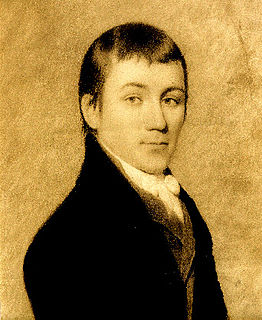A Quote by Marcus Tullius Cicero
The injuries that befall us unexpectedly are less severe than those which are deliberately anticipated.
Quote Topics
Related Quotes
Pity is a sense of our own misfortunes in those of another man; it is a sort of foresight of the disasters which may befall ourselves. We assist others,, in order that they may assist us on like occasions; so that the services we offer to the unfortunate are in reality so many anticipated kindnesses to ourselves.
Well, I am a great believer in supercompensation. Short term overtraining leads to long-term success. I can hear the complaints about injuries, but, in truth, not too many of us suffer injuries that lead to surgery, according to those studies in the 1950?s. In fact, if you are not a druggie and have some common sense, I think you can afford to train harder than you think.
love is thicker than forget more thinner than recall more seldom than a wave is wet more frequent than to fail it is most mad and moonly and less it shall unbe than all the sea which only is deeper than the sea love is less always than to win less never than alive less bigger than the least begin less littler than forgive it is most sane and sunly and more it cannot die than all the sky which only is higher than the sky









































